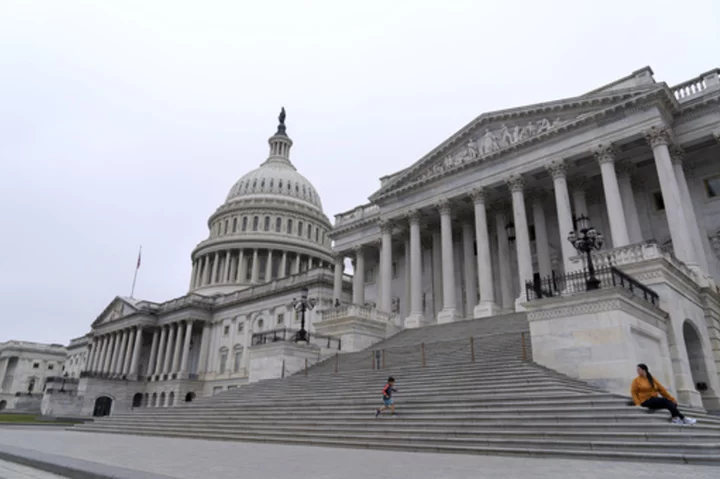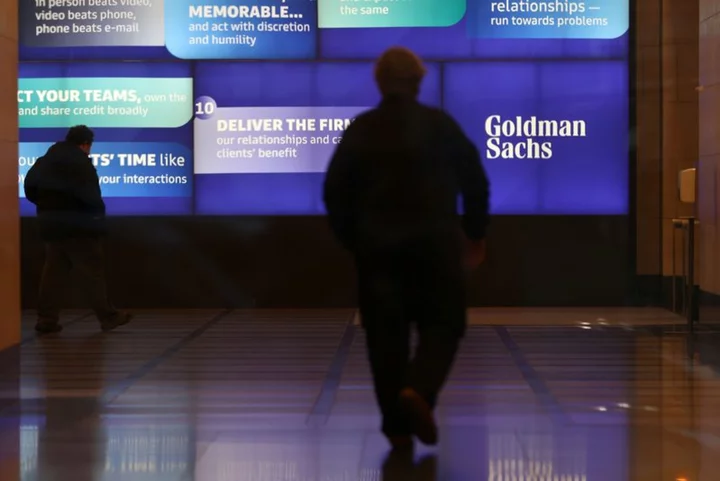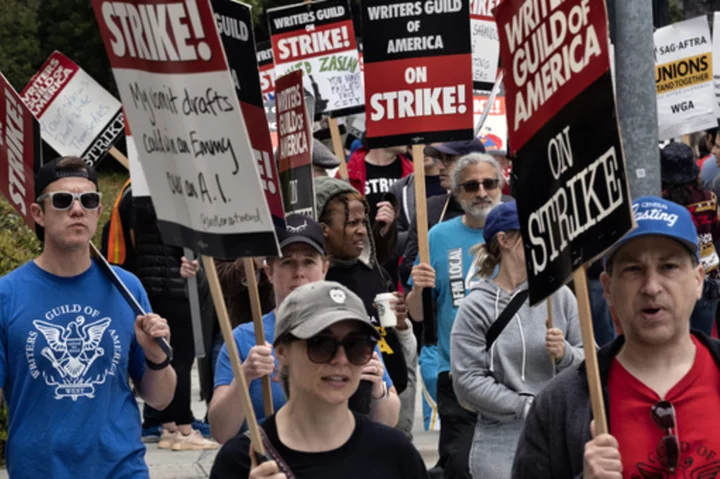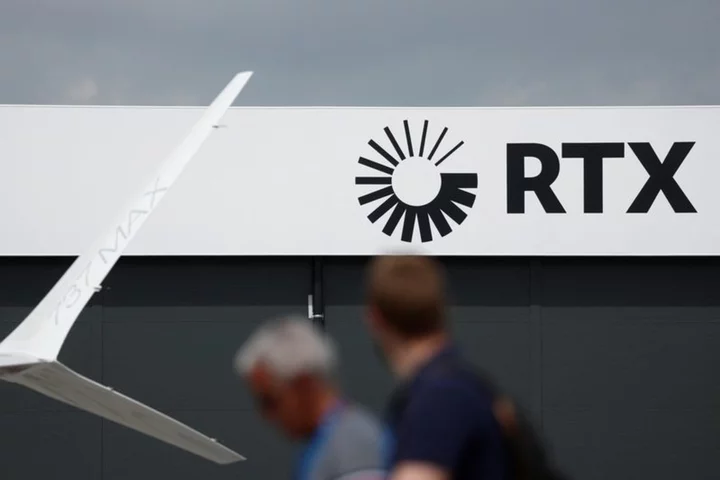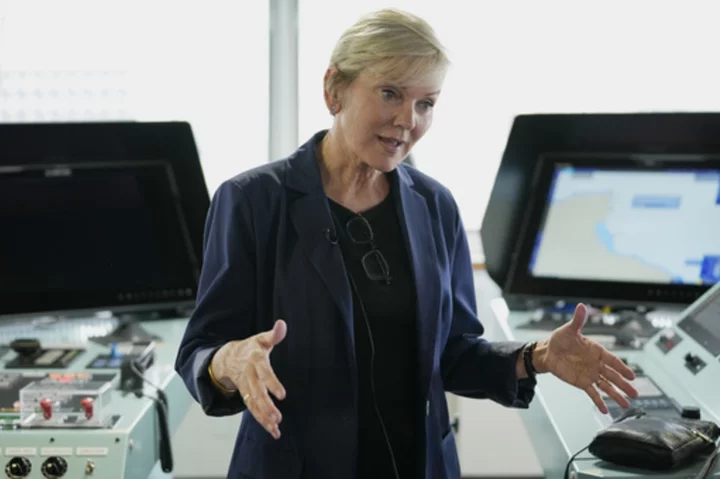HIROSHIMA, Japan (AP) — President Joe Biden planned on Sunday to speak directly with House Speaker Kevin McCarthy, hoping to salvage talks to raise the debt limit that have stalled in recent days while he was abroad at the Group of Seven summit.
GOP lawmakers are holding tight to demands for sharp spending cuts, rejecting the alternatives proposed by the White House for reducing deficits. Biden and world leaders at the gathering for industrial nations in Japan had been closely tracking the negotiations, looking for signs of a compromise that would ensure the federal government can keep paying its bills and avoid a potentially catastrophic default.
Biden has tried to project optimism even as the talks back in Washington were rocky. Republicans are rejecting a White House plan that would impose less strict cuts while also increasing revenues. The two sides are up against a deadline as soon as June 1 to raise its borrowing limit, now at $31 trillion.
“We’re going to get a chance to talk later today," Biden said of McCarthy, R-Calif., while the president met with the leaders of Japan and South Korea at the G7 in Hiroshima, Japan.
But McCarthy may need bipartisan support; it's possible he'll need as many as 100 House Democratic votes to pass an agreement, based on likely GOP defections and past votes, according to a person familiar with the talks. The person was not authorized to provide details about the proposal and spoke to The Associated Press on condition of anonymity.
In the latest round, McCarthy's team called for deep cuts to non-defense spending, while insisting on increased funding for the military. Education, health care, Meals on Wheels and other programs would likely bear the burden, according to the person.
The GOP wants work requirements on Medicaid, though the administration has countered that millions of people could lose coverage. The Republican side also introduced new cuts to food aid by restricting states' ability to wave work requirements in places with high joblessness, an idea that when floated by the Trump administration was estimated to cause 700,000 people to lose their food benefits.
The GOP lawmakers are also seeking cuts to IRS funding and asking the White House to accept provisions from their proposed immigration overhaul.
The White House has countered by keeping defense and nondefense spending flat next year, which would save $90 billion in fiscal 2024 and $1 trillion over 10 years.
Republicans have also rejected White House proposals to raise revenues in order to further lower deficits. Among the proposals the GOP objects to are policies that would enable Medicare to pay less for prescription drugs and the closing of a dozen tax loopholes. Republicans have refused to roll back the Trump-era tax breaks on corporations and wealthy households as Biden’s own budget has proposed.
With talks frozen on Saturday as each side accused the other of being unreasonable, Biden was frequently briefed on the status of negotiations and directed his team to set up the call with McCarthy.
The decision to set up a call came after another start-stop day with no outward signs of progress. Food was brought to the negotiating room at the Capitol on Saturday morning, only to be carted away hours later, and no meeting was expected. Talks, though, could resume on Sunday after the two leaders' conversation.
“The Speaker’s team put on the table an offer that was a big step back and contained a set of extreme partisan demands that could never pass both Houses of Congress,” press secretary Karine Jean-Pierre said in a statement late Saturday.
“Let’s be clear: The president’s team is ready to meet any time,” said Jean-Pierre, adding that Republican leadership is beholden to its extreme wing in threatening default.
McCarthy tweeted that it was the White House that was “moving backward in negotiations.”
He said “the socialist wing” of the Democratic party appears to be in control, “especially with President Biden out of the country.”
Republican Rep. Dusty Johnson, who has worked closely with McCarthy to shape the GOP proposal told The Associated Press late Saturday that there were no meetings scheduled Sunday. Republicans are trying to grab the president’s attention rather than negotiators.
“If the president doesn’t re-engage, I don’t know the staff conversations can bear fruit,” Johnson said.
Biden, attending the meeting of the world's most powerful democracies, tried to reassure them on Saturday that the United States would not default, a scenario that would rattle the world economy. He said he felt there was headway in the talks.
“The first meetings weren’t all that progressive, the second ones were, the third one was,” he said. The president added that he believes “we’ll be able to avoid a default, and we’ll get something decent done.”
For months, Biden had refused to engage in talks over the debt limit, insisting that Congress must not play political games by trying to use the borrowing limit vote as leverage to extract other policy priorities.
But as the deadline approaches as soon as June 1 when Treasury says it could run out of cash, and Republicans put their own legislation on the table, the White House launched talks on a budget deal that could accompany an increase in the debt limit.
Negotiations heading into the weekend had been dizzying. McCarthy said Friday it was time to “pause” talks but then the two sides convened again in the evening, only to quickly call it quits for the night.
“We reengaged, had a very, very candid discussion," Rep. Garret Graves, R-La., a negotiator on McCarthy’s side, said Friday evening.
As the White House team left the nighttime session, Biden counselor Steve Ricchetti, who is leading talks for the Democrats, said he was hopeful. “We’re going to keep working,” he said.
McCarthy had said resolution to the standoff is “easy,” if only Biden's team would agree to some spending cuts Republicans are demanding. The biggest impasse was over the fiscal 2024 top-line budget amount, according to another person briefed on the talks and granted anonymity to discuss them. Democrats contend the steep reductions Republicans have put on the table would be potentially harmful to Americans, and they are insisting that Republicans agree to tax increases on the wealthy, in addition to spending cuts, to close the deficit.
Wall Street turned lower Friday as negotiations came to a sudden halt. Experts have warned that even the threat of a debt default could spark a recession.
Republicans argue the nation's deficit spending needs to get under control, aiming to roll back spending to fiscal 2022 levels and restrict future growth. But Biden's team is countering that the caps Republicans proposed in their House-passed bill would amount to 30% reductions in some programs if Defense and veterans are spared, according to a memo from the Office of Management and Budget.
Any deal would need the support of both Republicans and Democrats to find approval in a divided Congress and be passed into law. Negotiators are eyeing a more narrow budget cap deal of a few years, rather than the decade-long caps Republicans initially wanted, and clawing back some $30 billion of unspent COVID-19 funds.
Still up for debate are policy changes, including a framework for permitting reforms to speed the development of energy projects, as well as the Republican push to impose work requirements on government aid recipients that Biden has been open to but the House Democratic leader Hakeem Jeffries of New York has said was a "nonstarter."
McCarthy faces pressures from his hard-right flank to cut the strongest deal possible for Republicans, and he risks a threat to his leadership as speaker if he fails to deliver. Many House Republicans are unlikely to accept any deal with the White House.
Biden is facing increased pushback from Democrats, particularly progressives, who argue the reductions will fall too heavily on domestic programs that Americans rely on.
___
AP Congressional Correspondent Lisa Mascaro and AP writers Seung Min Kim, Kevin Freking, Stephen Groves and Farnoush Amiri in Washington contributed to this report.

